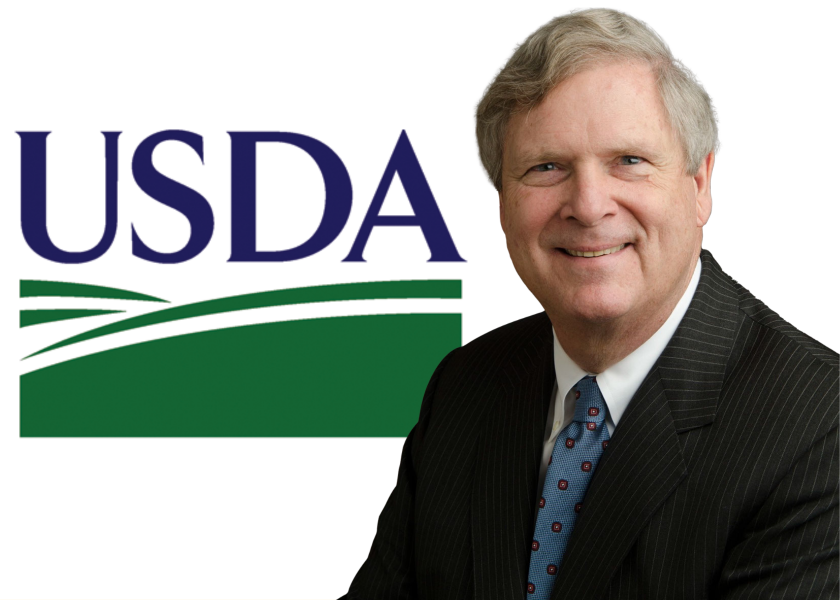Secy. Vilsack Unpacks Build Back Better and What it Means for Ag

The House passed the Build Back Better (BBB) framework last Friday, allocating roughly $2.2 trillion to climate change, health and child care, among others.
On Tuesday, USDA Secretary Tom Vilsack rang in on AgriTalk to share agriculture’s angle in the BBB plan with host Chip Flory.
Conservation
According to Vilsack, the historic $27 billion conservation investment will impact as much as 100 million acres of cropland, providing conservation assistance to roughly 200,000 farms across the country on an annual basis.
Vilsack says these funds will offer better farm income, healthier soils and cleaner water and will increase rural jobs by, “providing premiums to farmers who are investing in cover crop production, the ability to convert agricultural waste into a variety of products, creating new revenue streams for farmers and also reducing the greenhouse gas impact of agriculture.”
Cover Crop Incentives
The American Rescue Plan, which offered farmers a $5 per acre discount on crop insurance, proved favorable in farm country. Vilsack says this success led to the BBB’s $25 per acre cover crop incentive.
“I think the point of this is farmers are ready,” Vilsack says. “They just need to be provided the incentives and the economic value to do what they want to do and what they've been doing forever, which is to be good stewards of the land and water.”
Ramping Up Rural Energy
Assistance to rural electric cooperatives makes up $9.7 billion in the BBB. Vilsack says these dollars will allow farmers to work with their co-ops to reduce overall energy costs.
Carbon credits were purposefully omitted from the rural energy section of the BBB, according to Vilsack. He says credits will instead be addressed in the Climate Smart Agriculture and Forestry Partnership initiative framework, which will explain pilot and demonstration resources when released in coming months.
Paying the Toll
Capital gains tax provisions have not been included in the BBB, keeping rural America clear of paying the bill. Vilsack ensures corporations that, “have not paid a single dime on billions of dollars of profit will now have to pay a minimum tax” to cover the BBB price tag.
“Individuals who are making more than $5, $10 or $20 million may face a little higher income tax from the bill, while there are tax cuts for families with children,” Vilsack says. “This creates opportunities for farm families to benefit from relief in early childhood expenses while lowering health insurance premiums.”
House Agriculture Committee’s Glenn Thompson (R-PA) disagrees with Vilsack, saying the “unpopular” bill jeopardizes America’s economy.
“Congressional Democrats spent months crafting this massive legislation behind closed doors, ignoring input from the Agriculture Committee, our members and, most importantly, the communities we serve,” Thompson says. “This bill includes harmful tax increases and billions of dollars in new ideological spending as we face record inflation for everyday Americans and farm families.”
The BBB bill will now move to the Senate who aims to approve it before Christmas.







